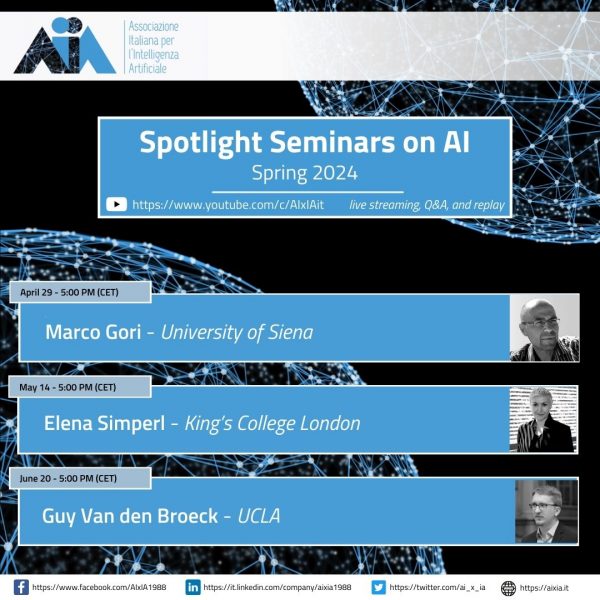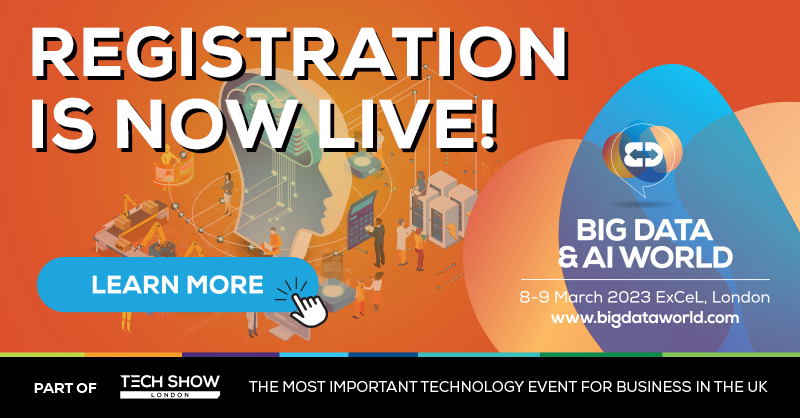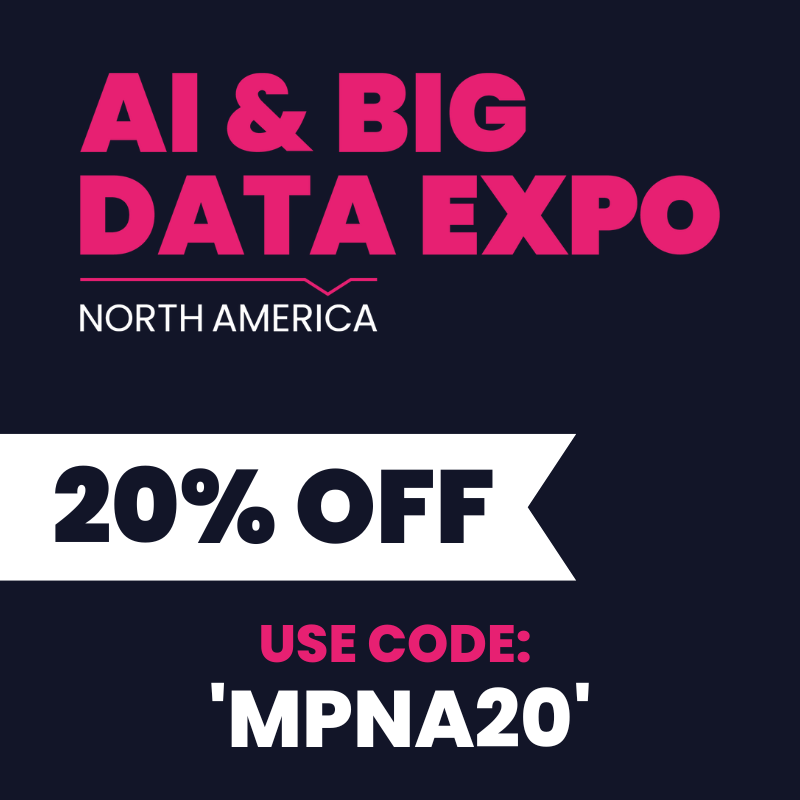The International Association for Computing and Philosophy (IACAP) and the Society for the Study of Artificial Intelligence and Simulation of Behaviour (AISB) will host a joint conference in July 2025. Please see below for joint Call For Abstracts and Symposia Proposals.
Conference dates: July 1-3
Conference website: https://iacapconf.org/
Host Organisation Websites:
IACAP.org
AISB.org.uk
Conference location: Enschede, NL.
Conference host: University of Twente
Deadline for Symposia submission is 1 December 2025.
Keynote Speakers
AISB Keynote – Philip Brey
IACAP Covey Award Address – To be announced. Nominations: https://www.iacap.org/2024/10/02/call-for-nominations-the-covey-award-2025/
IACAP Simon Award Address – To be announced. Nominations: https://www.iacap.org/2024/10/02/call-for-nominations-the-simon-award-2025/
Call for Abstracts and Symposia Proposals
The International Association for Computing and Philosophy (IACAP) has a long-lasting tradition of promoting philosophical dialogue and interdisciplinary research on all aspects of computing as it relates to philosophy. IACAP’s members have contributed to shaping the philosophical (both theoretical and applied) debate about computing, information technologies, and artificial intelligence.
The Society for the Study of Artificial Intelligence and Simulation of Behaviour (AISB) is the largest Artificial Intelligence Society in the United Kingdom. Founded in 1964, the society has an international membership from academia and industry, with a serious interest in Artificial Intelligence, Cognitive Science and related areas. It is a member of the European Coordinating Committee for Artificial Intelligence.[AISB info], and topic suggestions from AISB’s side.
Our joint 2025 annual meeting will gather philosophers, ethicists, roboticists, and computer scientists and engineers interested topics that include:
- Artificial Intelligence and Machine Learning
- Ethics, Philosophy, and Societal Impact of AI and Computing
- Robotics, Autonomous Systems, and Human-Machine Interaction
- Cognitive Science and Computational Models of Mind and Behavior
- Embodied, Ecological, and Distributed Cognition
- Consciousness, Emotions, and Affective Computing
We welcome submissions of various kinds:
- Symposia – will typically run one or two full days. Successful applicants will issue their own CfPs and organise reviews
- Individual papers – typically as 30-minute talks (including Q&A)
- Poster presentations – either submitted as such or as alternative format for individual papers
- Workshops – more open, interactive format, typically as 90-minute sessions
Authors of papers are free to decide whether they submit their contributions to one of the accepted symposia or individually – depending on topical fit. Depending on format, submissions may be published in proceedings either as extended abstracts or as full papers.
Important Dates
- Symposia Proposals extended due date: January 15, 2025
- Notification of acceptance for Symposia proposals: December 9, 2024 for the submissions sent before December 1 2024. For the later submissions, January 30, 2025
- Extended Abstracts (approx. 1000 words) for individual Presentations, Posters, and Workshops independent of Symposia, extended due date: January 15, 2025.
- Notification of acceptance for Presentations, Posters, Workshops: March 31, 2025.
- Conference registration opens: April 1, 2025. (For individual papers, posters, and workshops: In case you need a visa, please note this with your submission so that we can facilitate an early review.)





